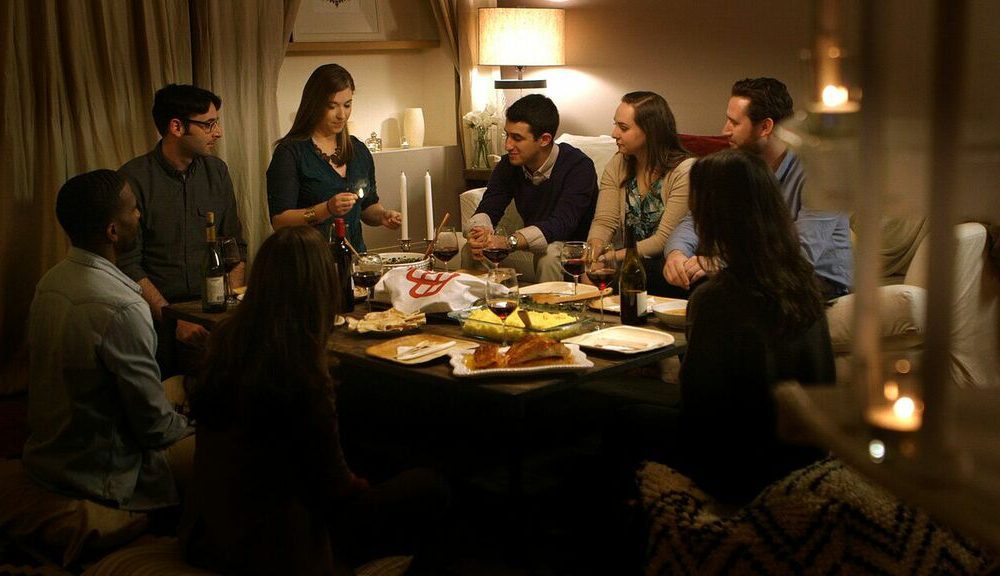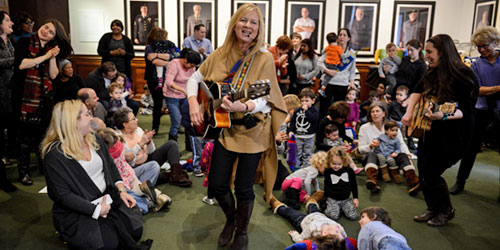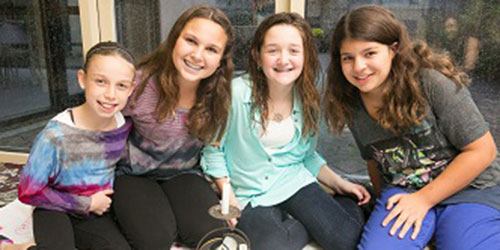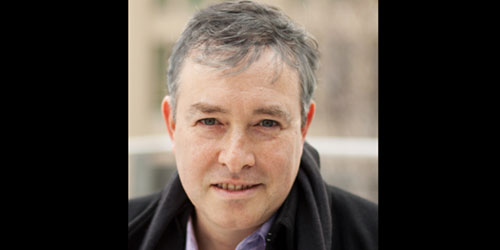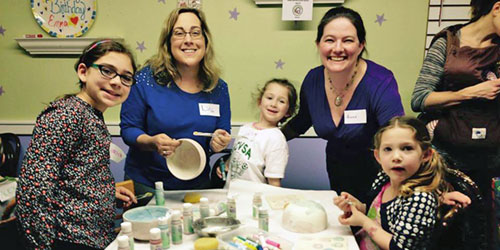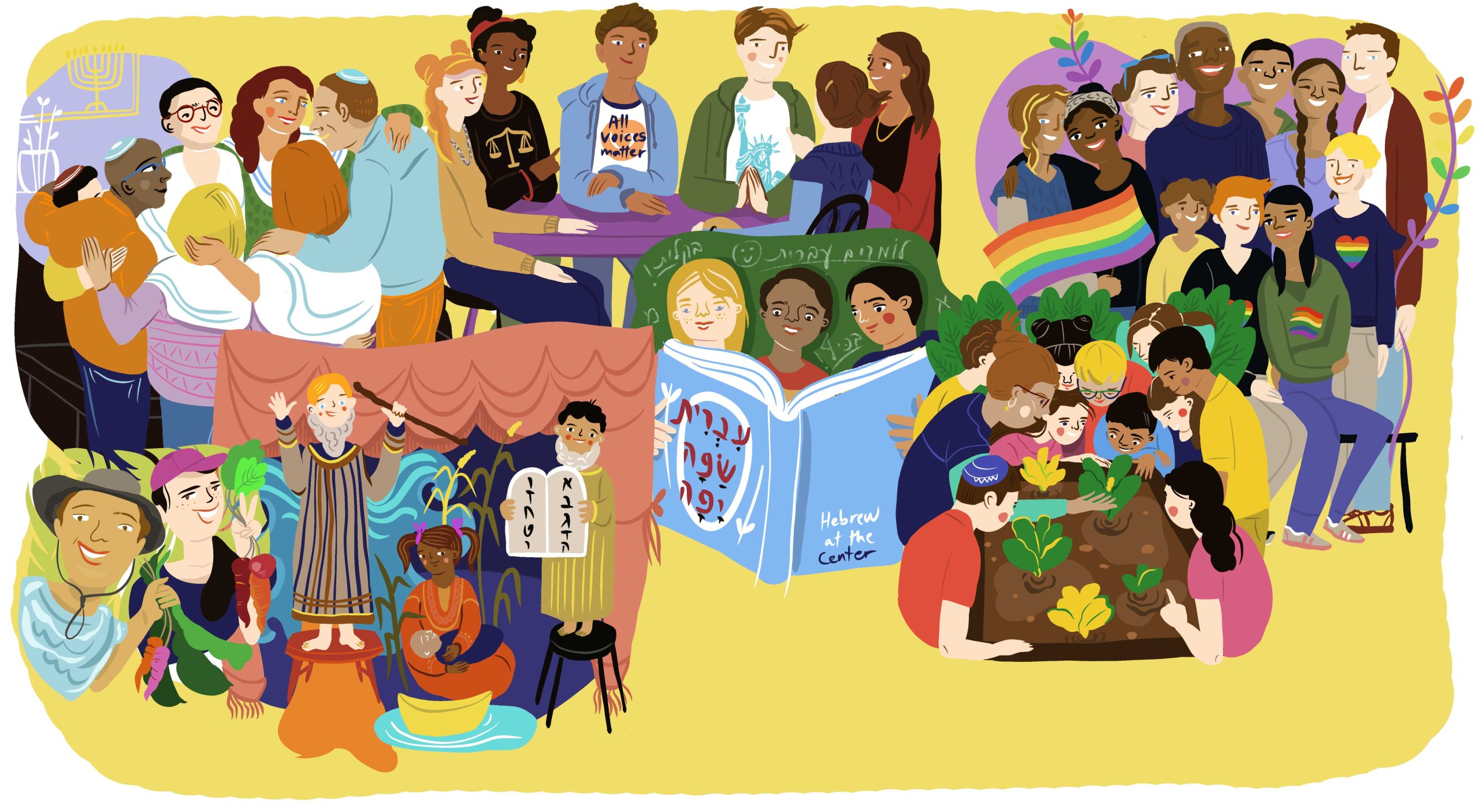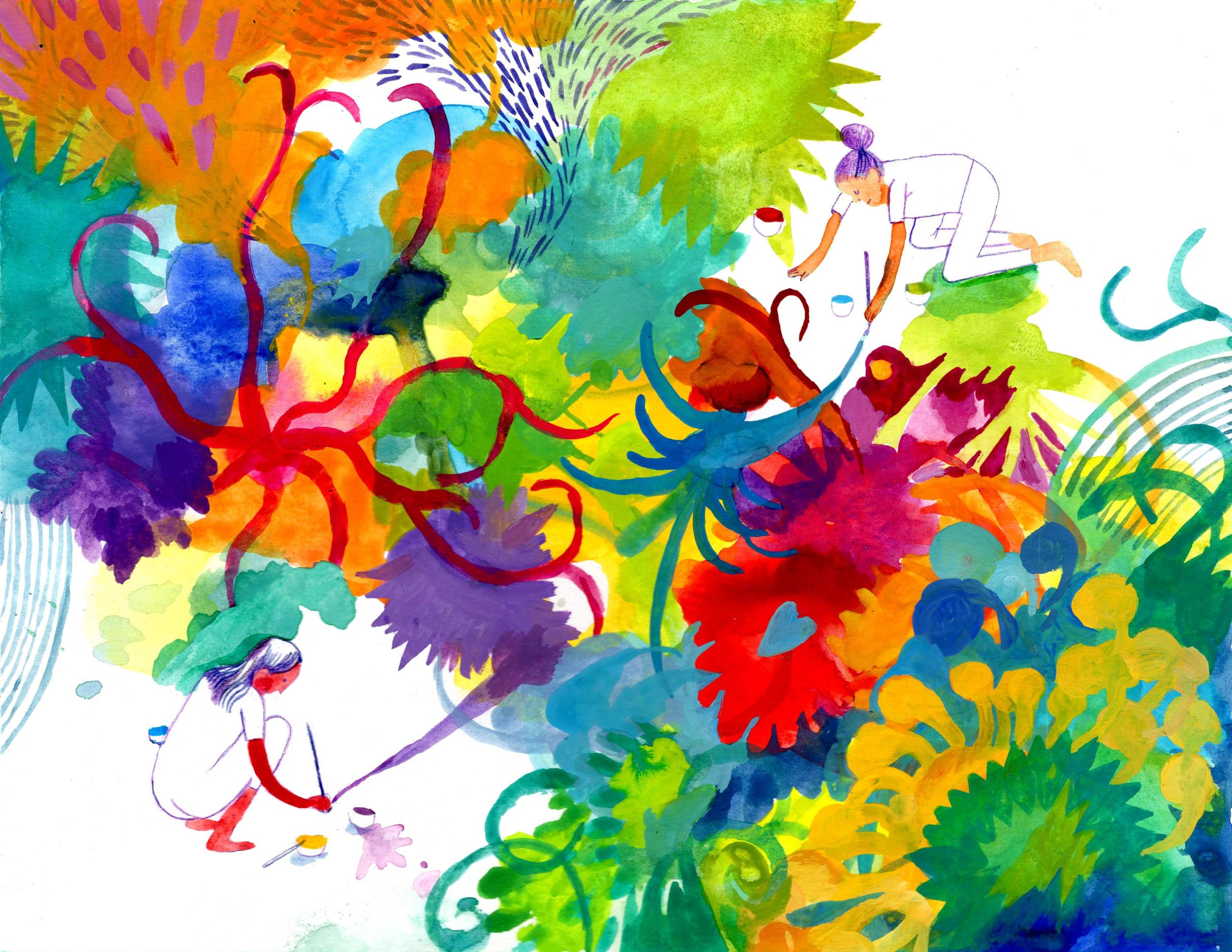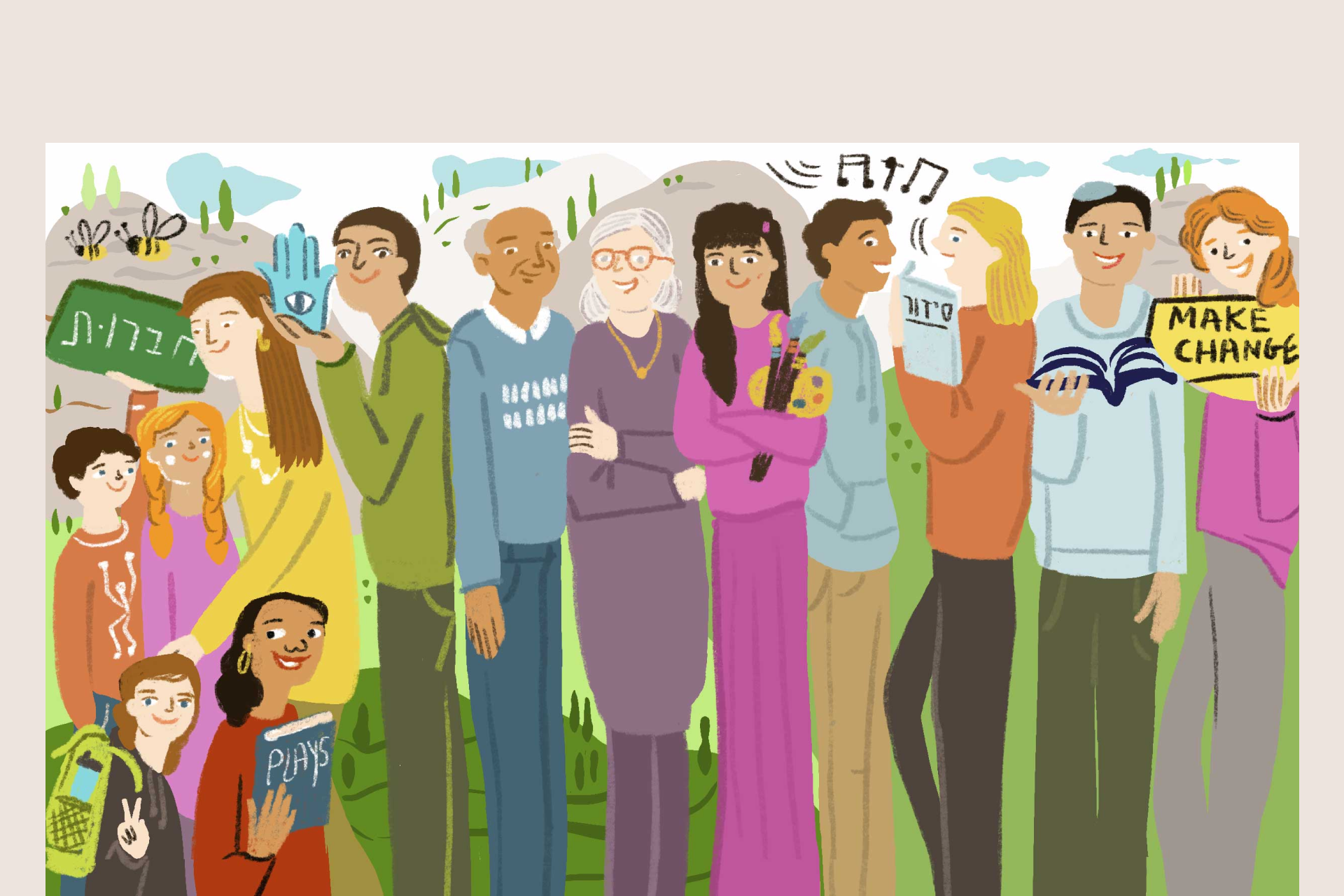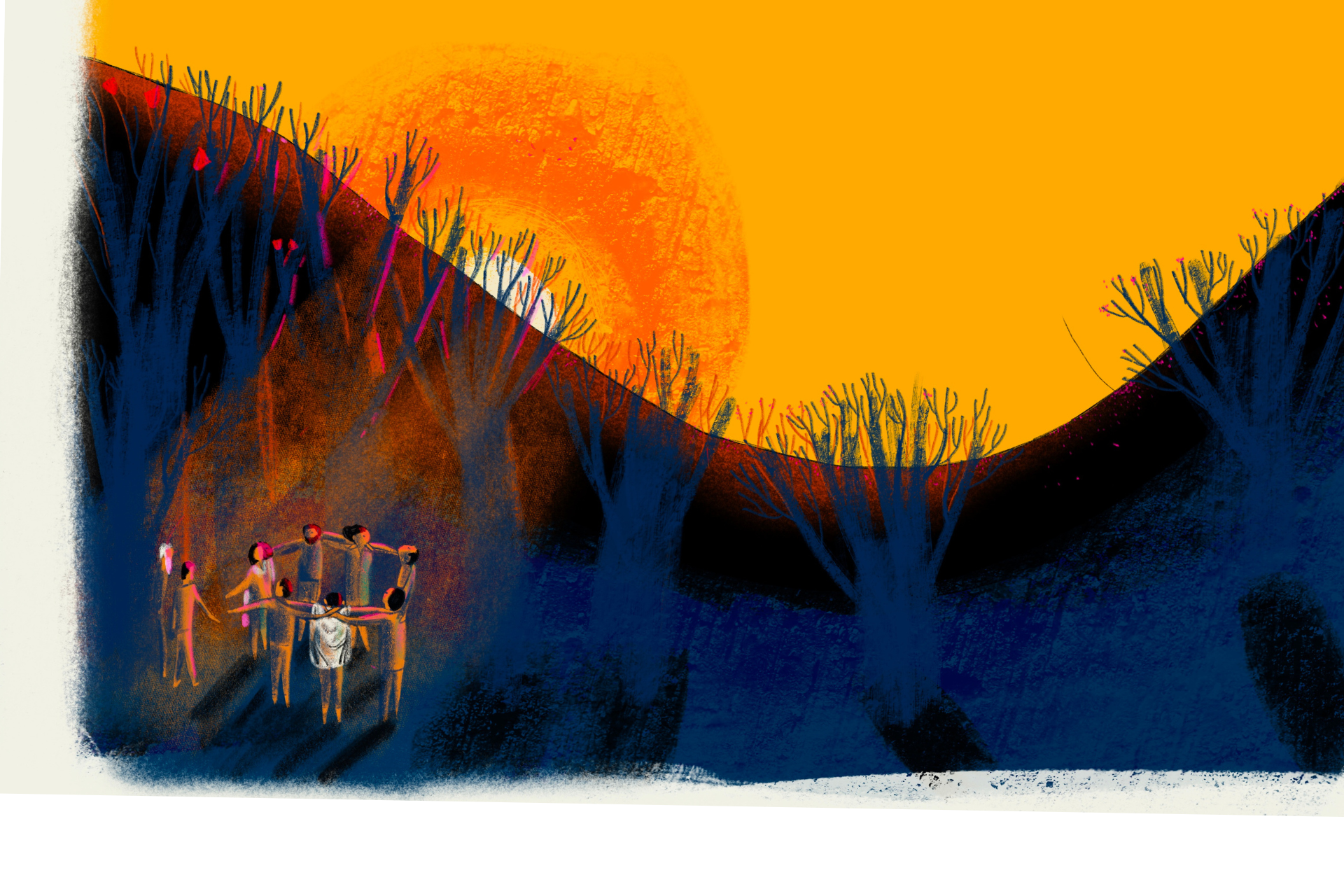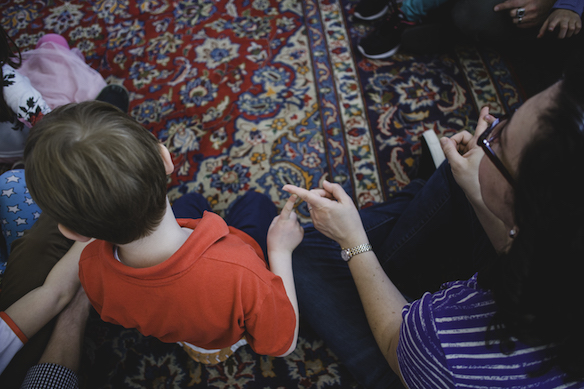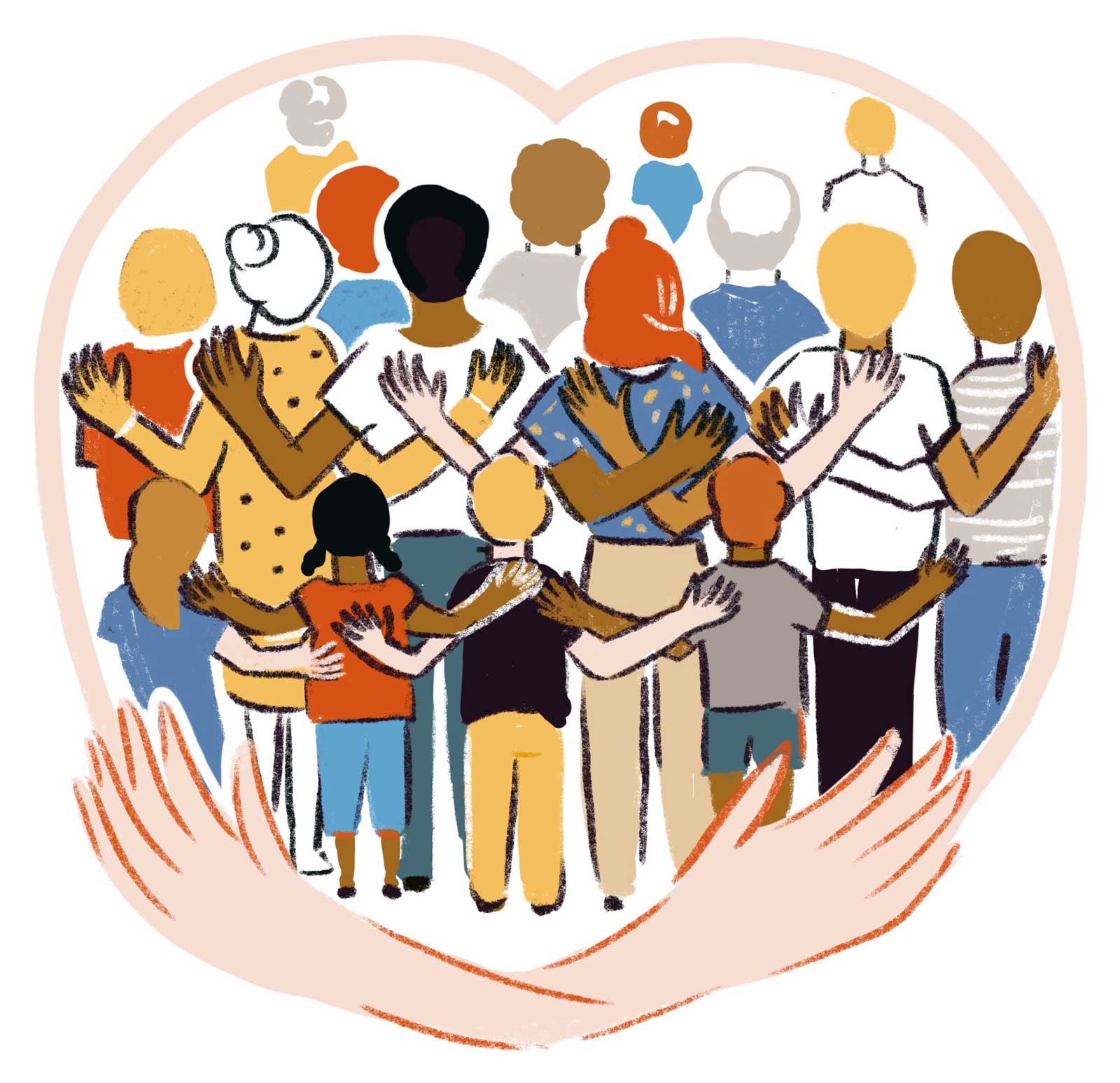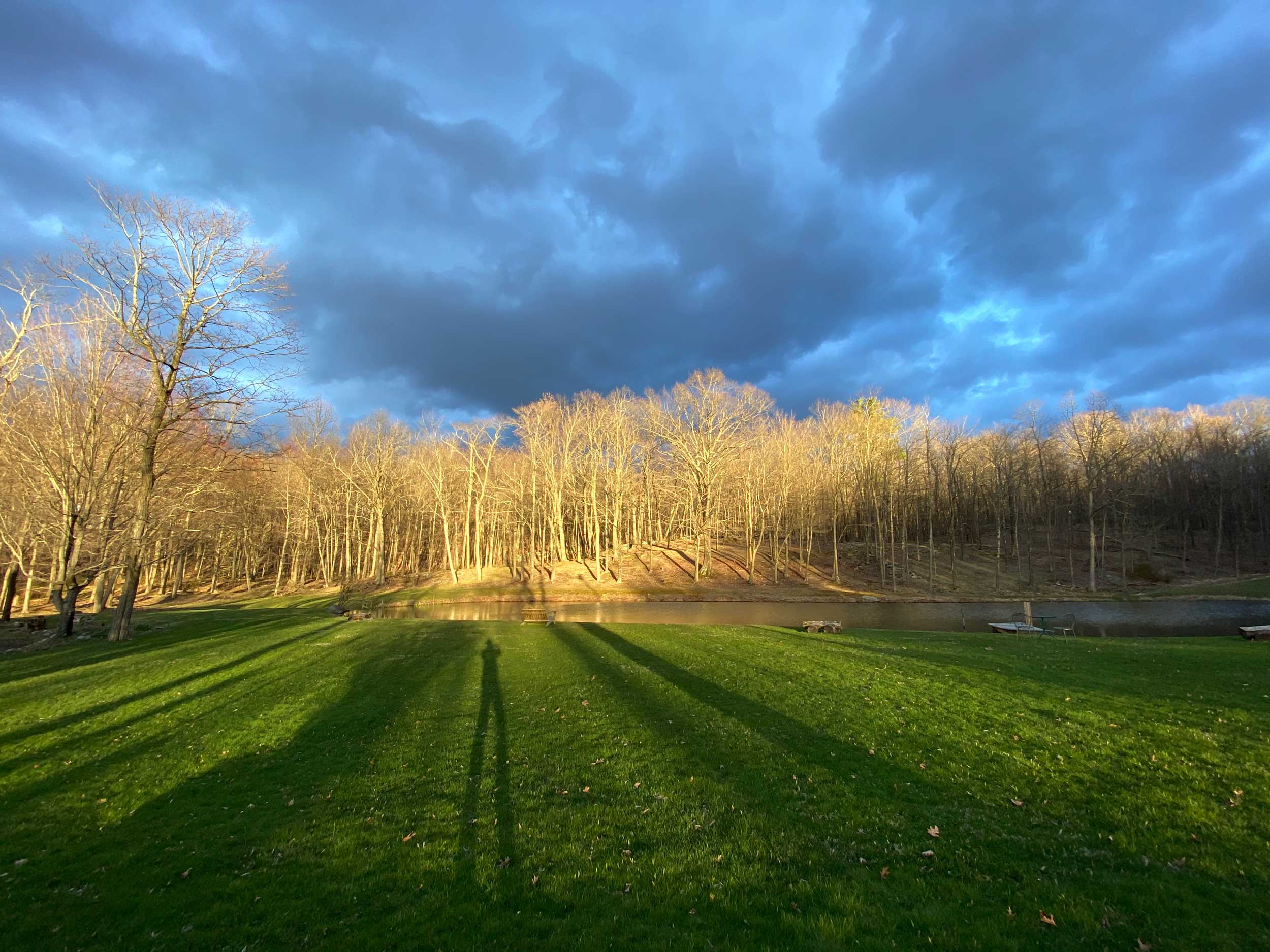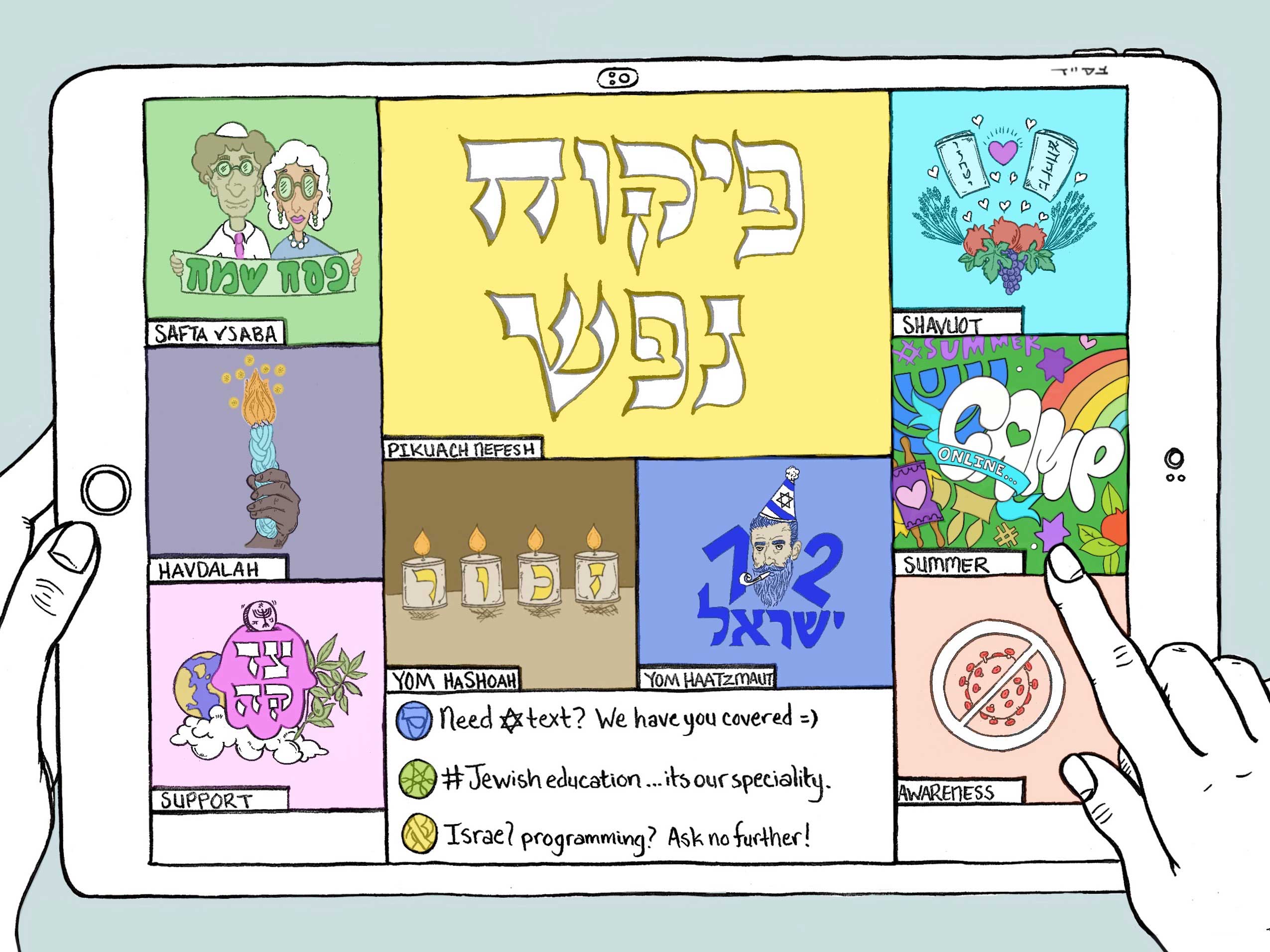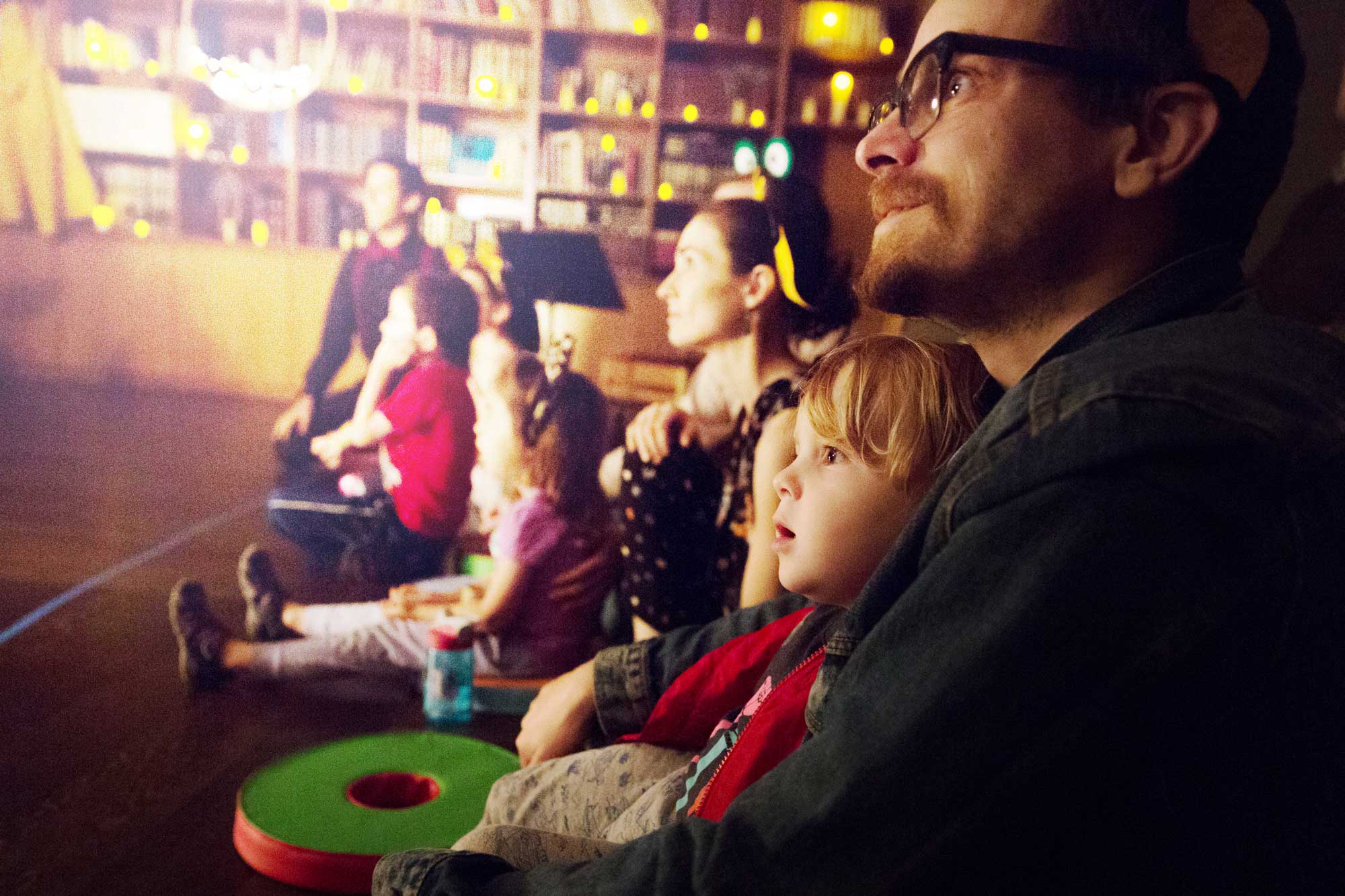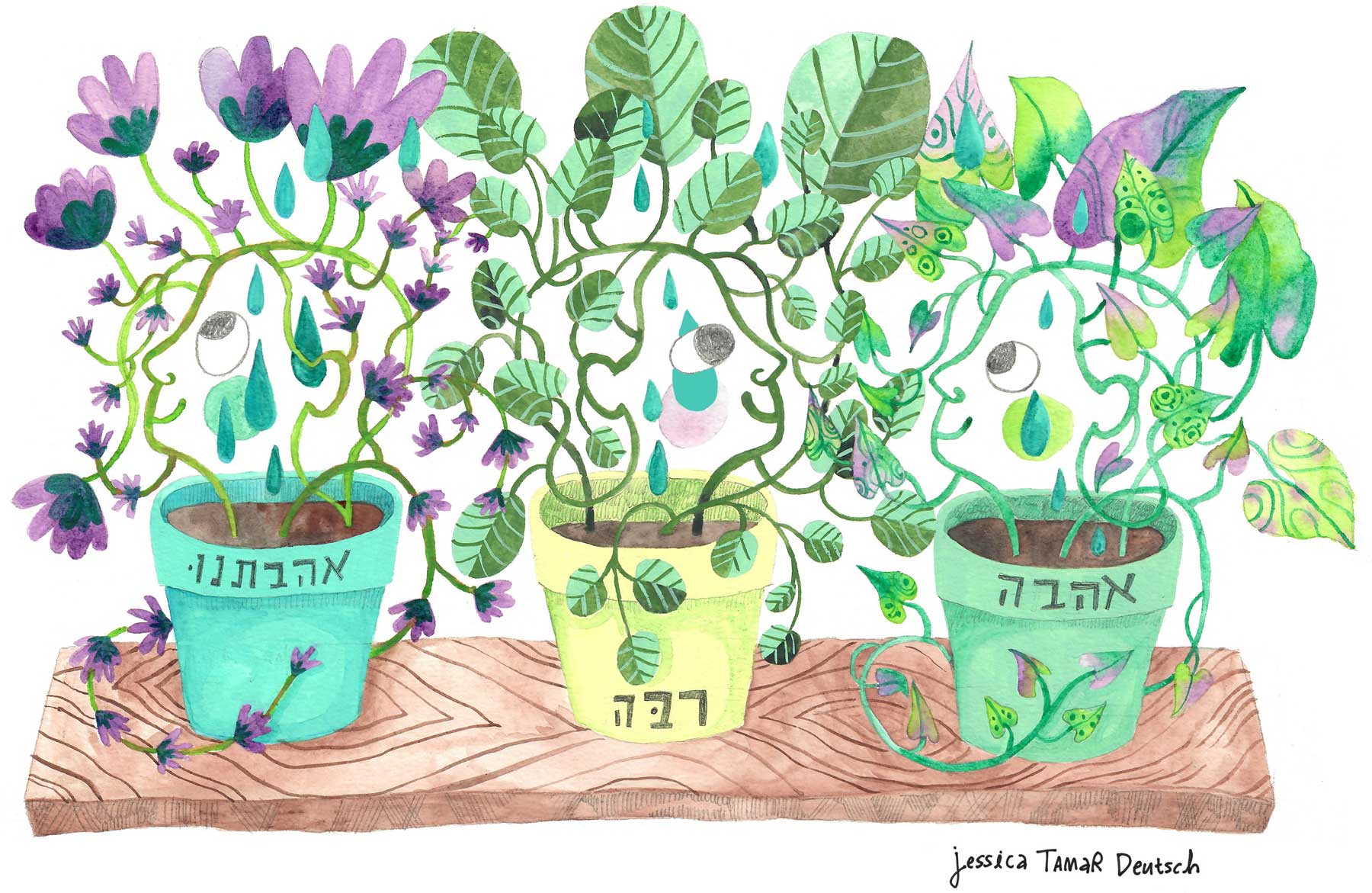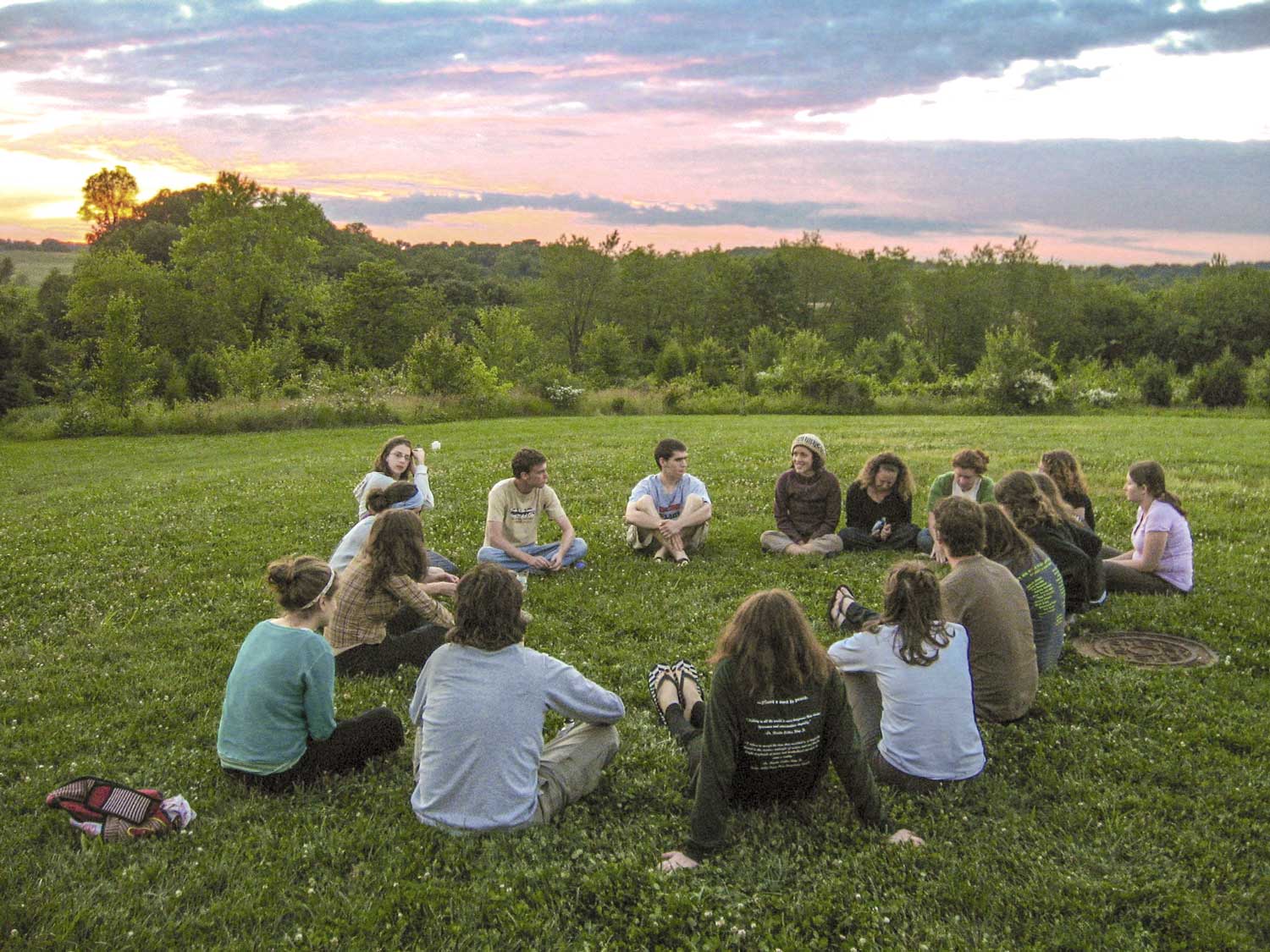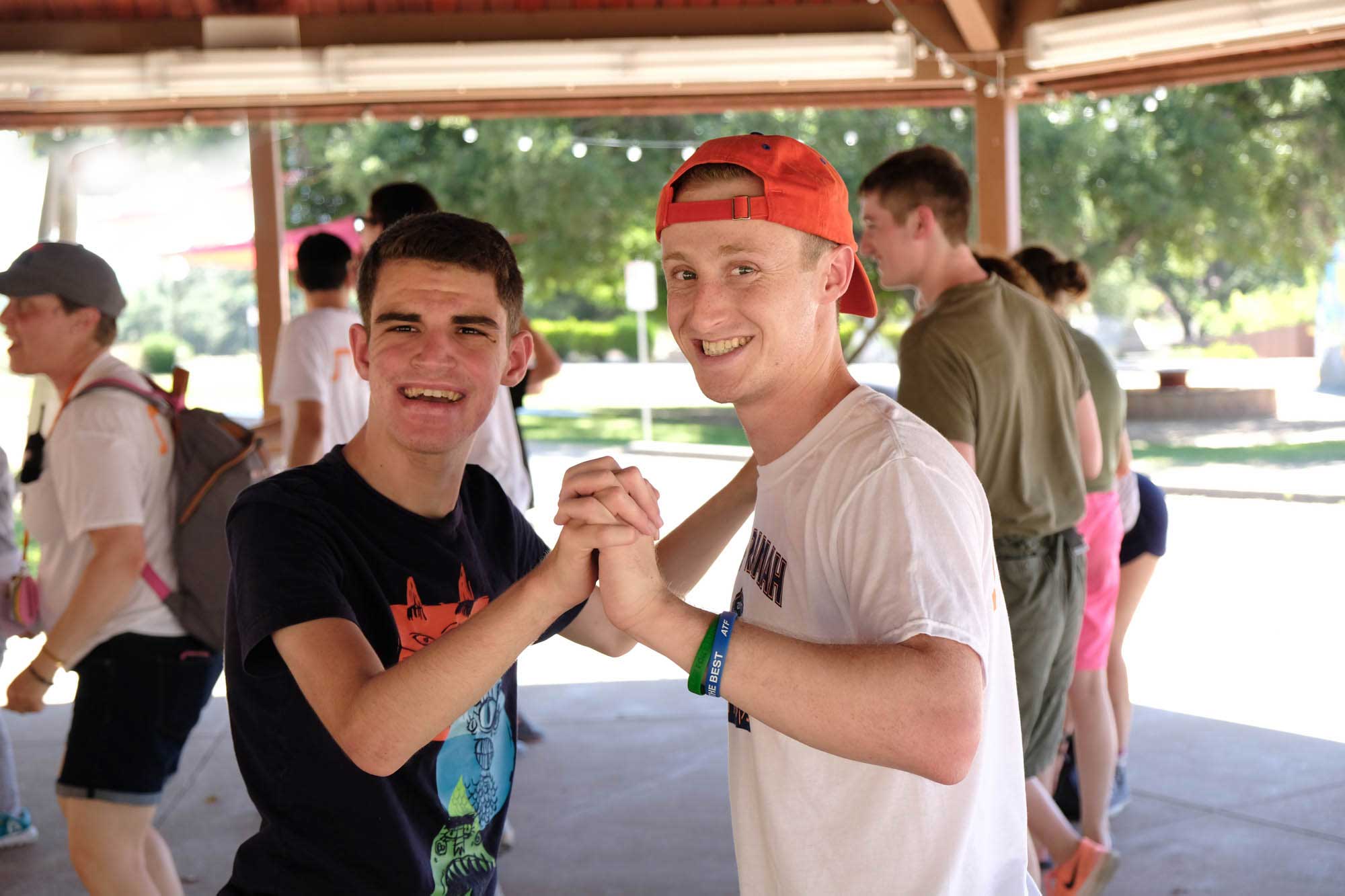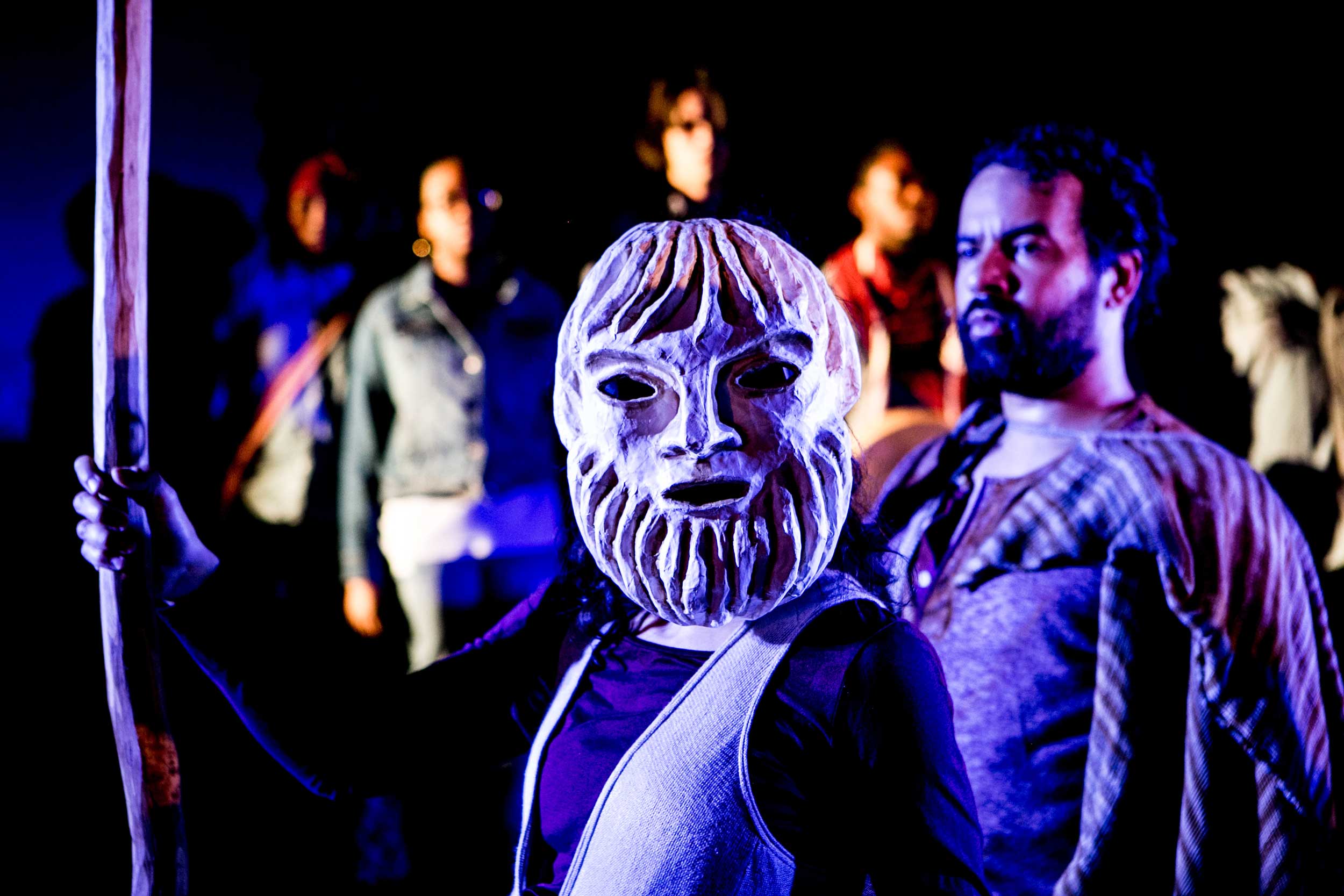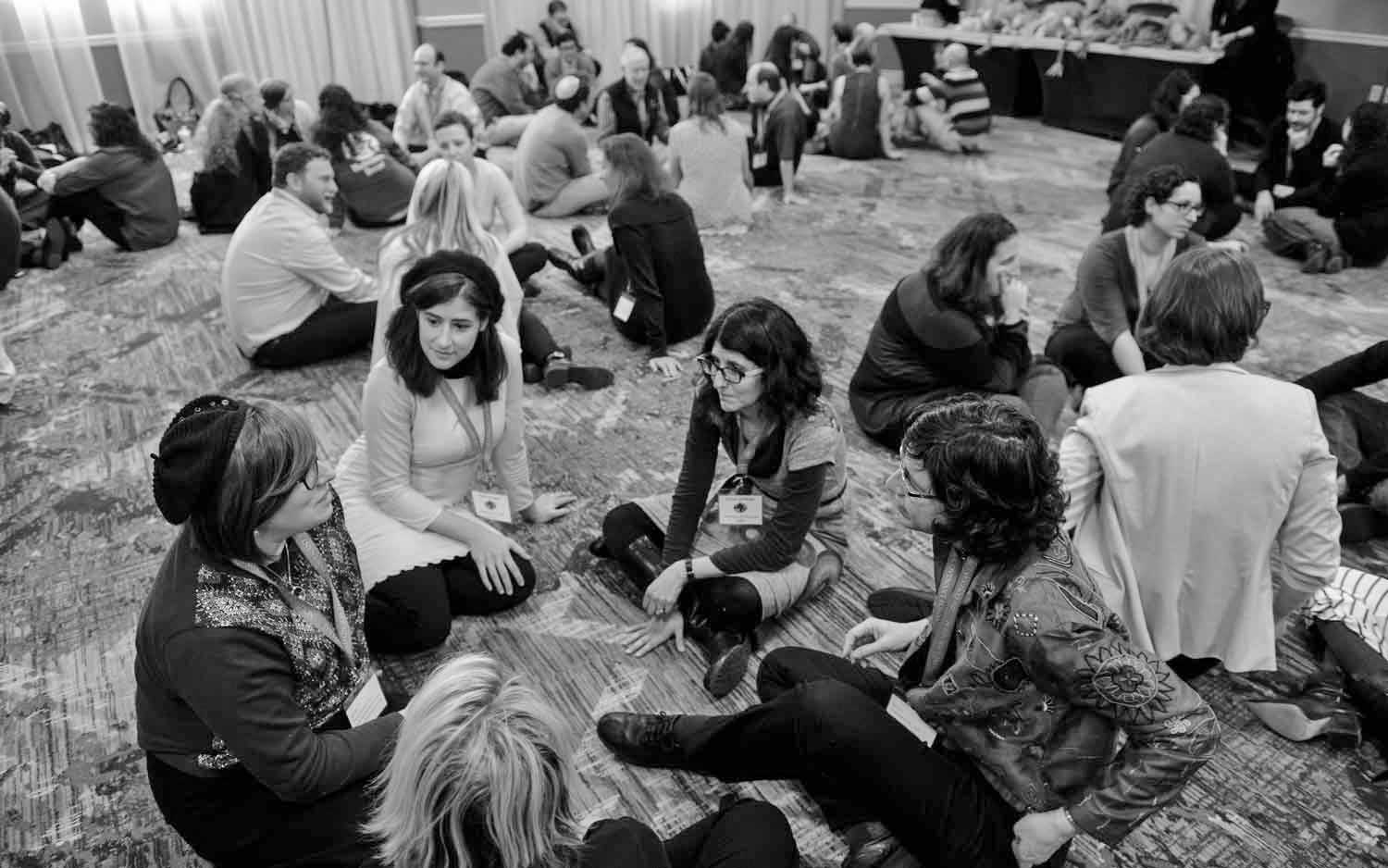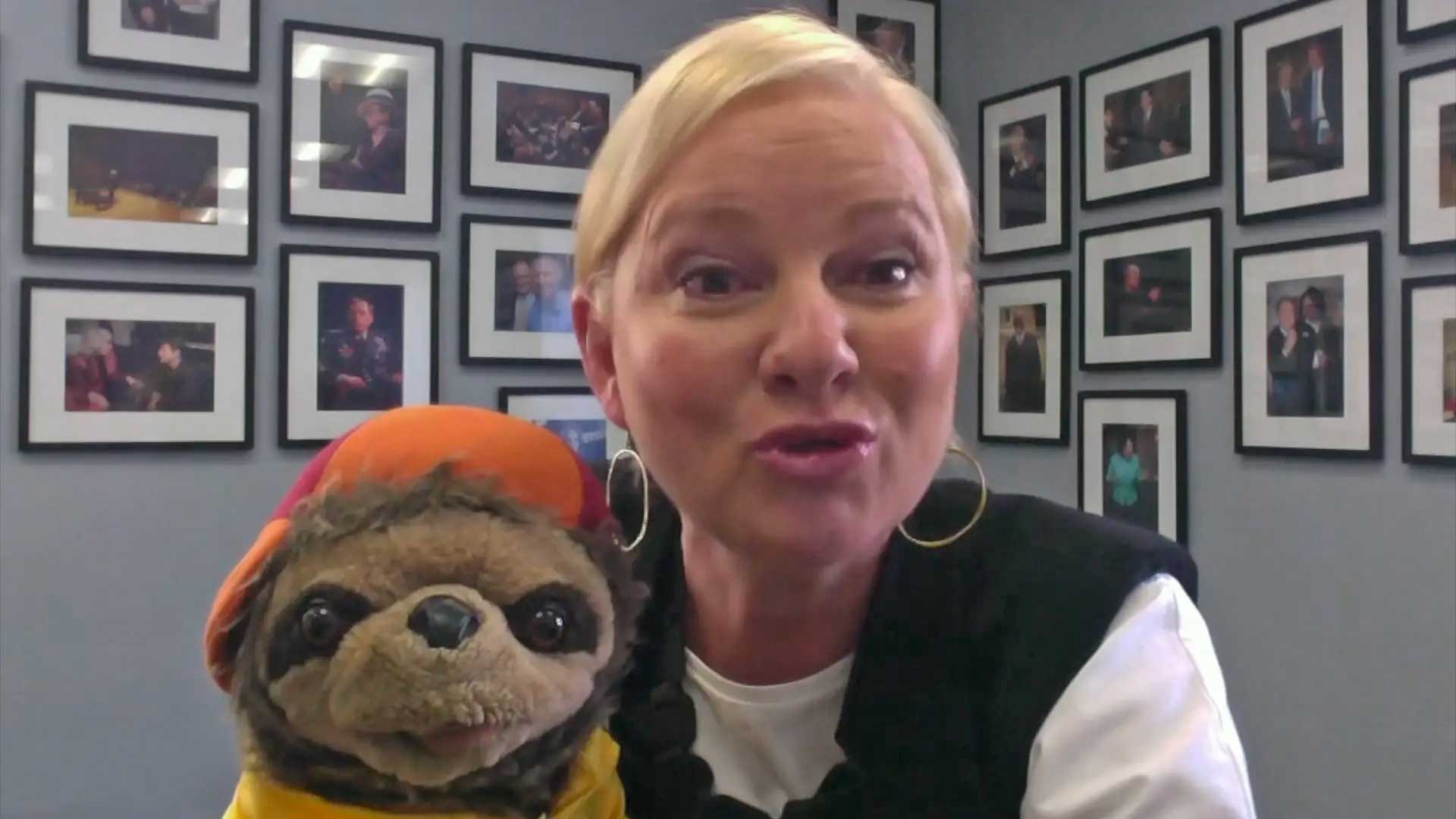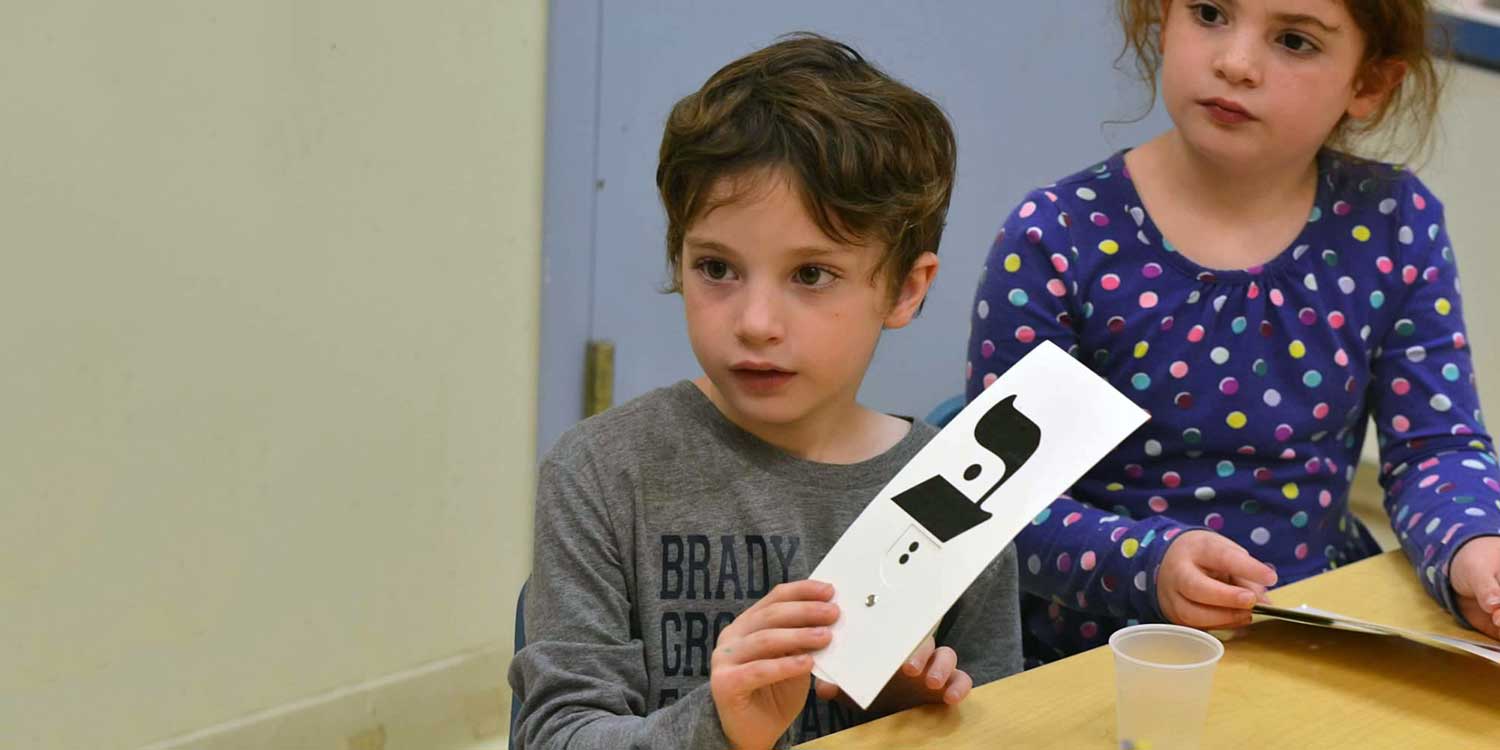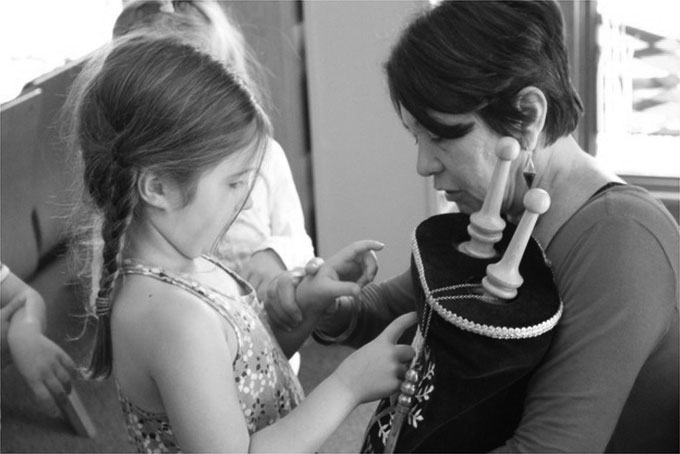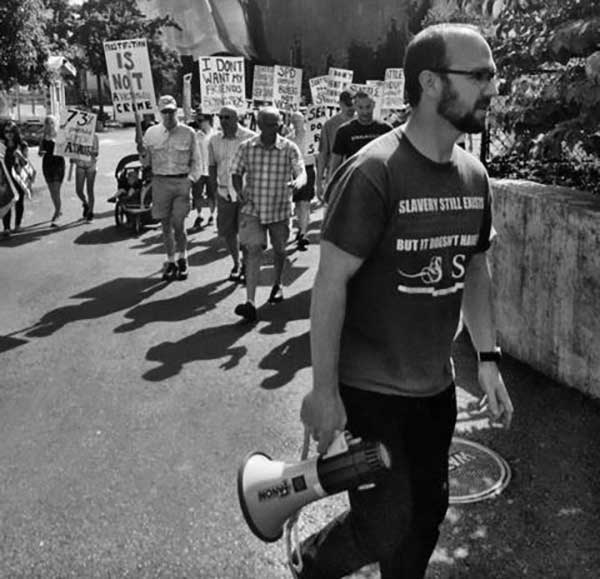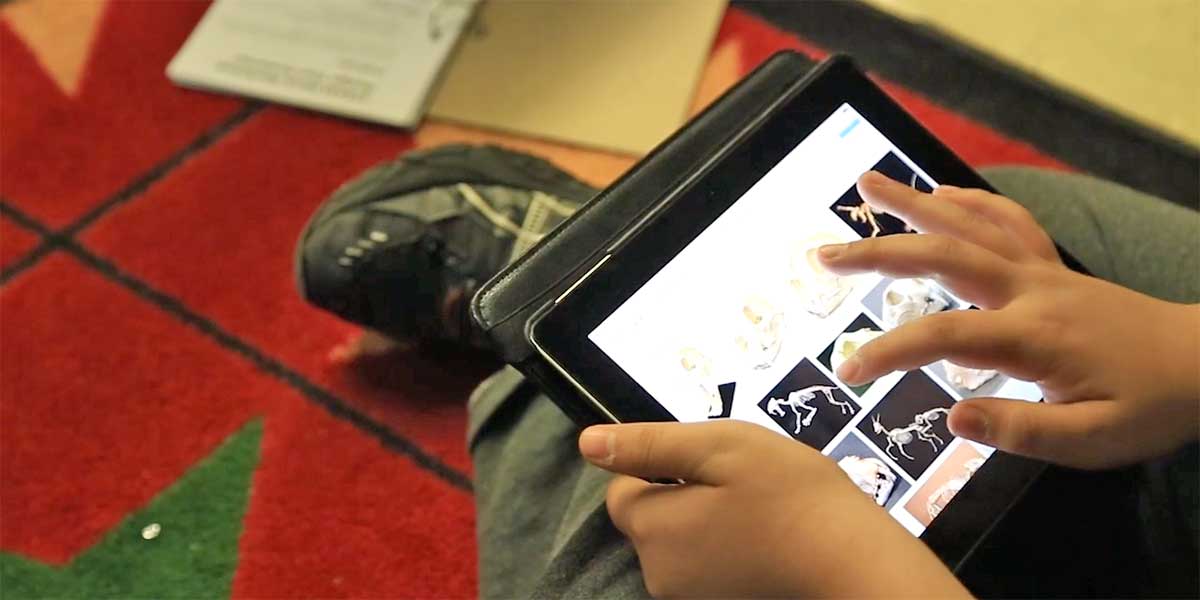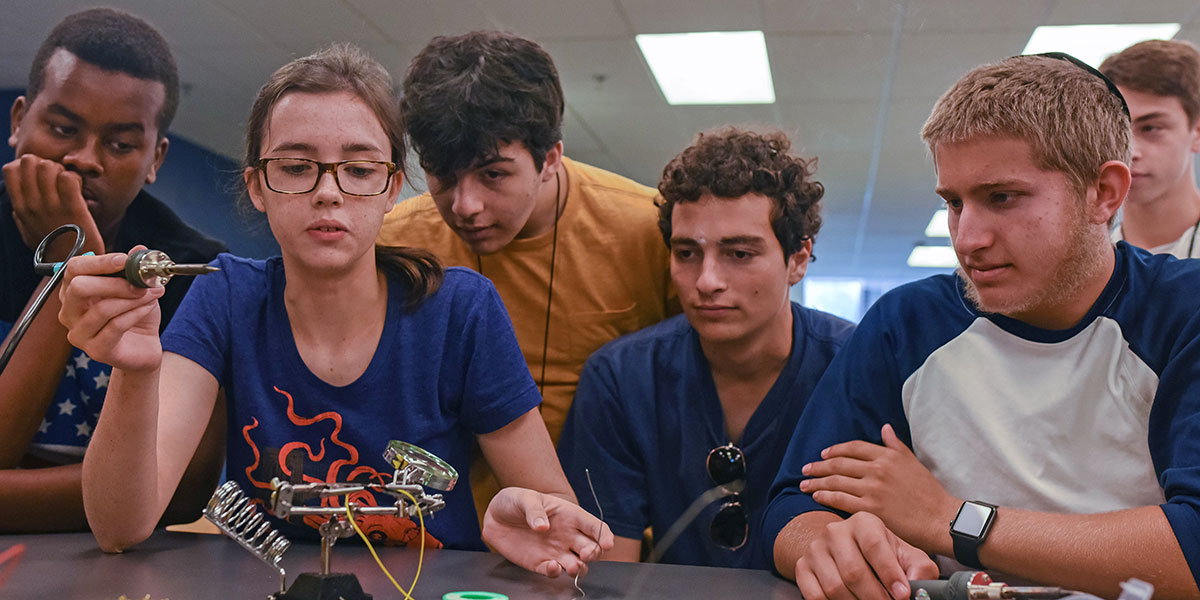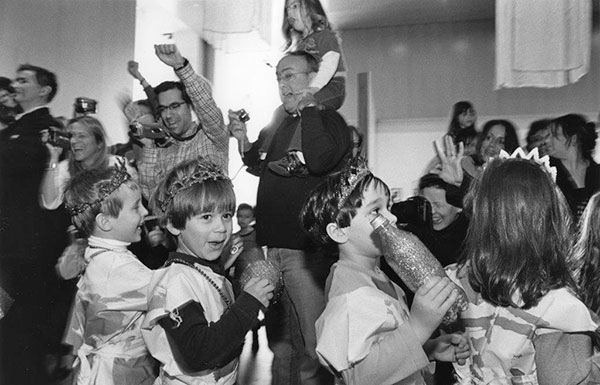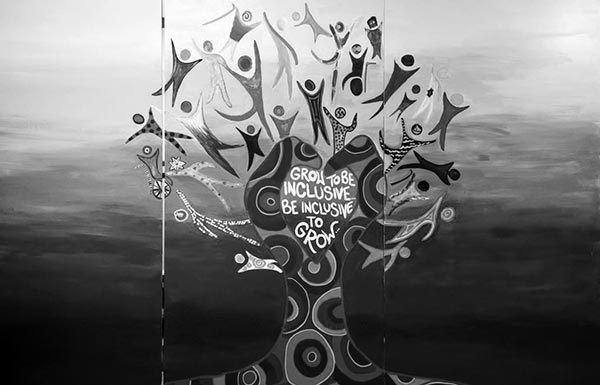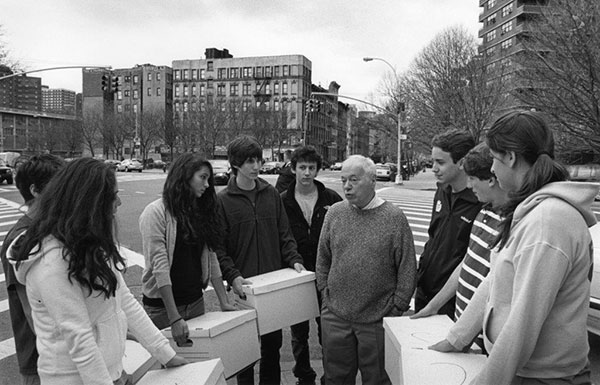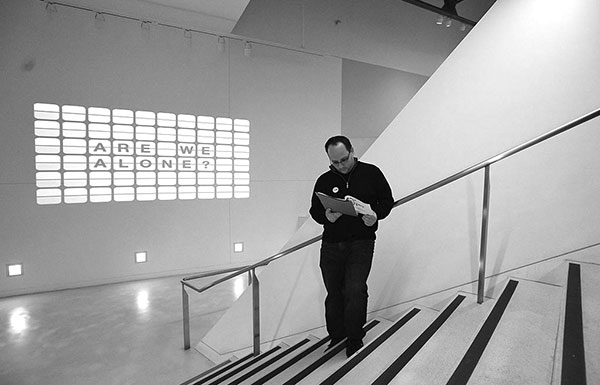Nurturing a field of vision—focusing vision for the fields
Sight Line is a digital journal brought to you by The Covenant Foundation. It offers information for and about the field of Jewish education in its broadest definition and is intended to evoke conversation and create an opportunity for action.
EXPLORE THE LATEST VOLUMEVolume 05 Portals to Jewish Life and Learning
INTRODUCTIONPhoto by Zion Ozeri
Volume 05 — 25 Sivan 5775 12 June 2015 Portals to Jewish Life and Learning
Portal seems like a particularly apt metaphor for entry points into Jewish life and learning because ultimately we want those experiences to be deeply experiential and transformative. We also want them to be accessible. A portal has no toll; passage is free. At the same time, a portal is particularistic, not a generic entrance. It conveys a sense of magic, ritual, and power. Similarly, we want to convey that Jewish life is rich, layered, and meaningful beyond what is immediately apparent. We want the encounter with Jewish life to take you on a journey that is profound and surprising. And, given that each of us may enter through the same portal but have a completely different experience of what is on the other "side," the possibilities are endless.
— Judith Rosenbaum, Executive Director, The Jewish Women’s Archive
Insights
Noted voices speak out about the concept of Portals to Jewish Life and Learning as it relates to their own work in the field.
Related Content
COVENANT LIBRARY
Featured in this volume are four books, which each address the idea of Portals to Jewish Life and Learning though a variety of methods. In Relational Judaism: Using the Power of Relationships to Transform the Jewish Community, Dr. Ron Wolfson, presents his idea for revamping the old models of Jewish institutions and focusing instead on building community. In Wise Aging: Living With Joy, Resilience and Spirit, Rabbi Rachel Cowan and Dr. Linda Thal explore a range of issues that concern an aging population, including: relationships with adult children and spouses; body image; romance and sexuality; living with loss; and, cultivating wellbeing. In Seder Talk, Erica Brown offers both a commentary on the traditional haggadah text as well as conversation starters for the Passover dinner table, and in The Green Bubbie, Ruth Pinkenson Feldman offers tools and tips for an “energy-efficient” model of grandparenting.
Wise Aging: Living With Joy, Resilience and Spirit
By Rabbi Rachel Cowan and Dr. Linda Thal

“Grounded in mindfulness and spiritual practices such as meditation, journaling, movement, and blessings from Judaism and other faith traditions, Wise Aging offers social, emotional and spiritual insights to help individuals meet the challenges of second adulthood with a sustaining spirit.
In addition to its use as a foundational text for the Wise Aging program, Wise Aging can be read as a standalone book, and serve as an excellent resource for book groups, and other places where ongoing learning, reflection on experience, spiritual practice, and pursuit of wisdom define the agenda.
Wise Aging provides the road-map for the journey we are all on, and that is especially relevant for baby boomers: achieving a fulfilling older age. No subject is off limits. Rabbi Cowan and Dr. Thal explore a wide range of issues including: relationships with adult children and spouses; body image; romance and sexuality; living with loss; and, cultivating wellbeing.” (Institute for Jewish Spirituality-Wise Aging Newsletter June 3, 2015)
More to Consider
- Aging Wisely, Together (The Forward)
- Rabbi Rachel Cowan, biography
- Linda Rabinowich Thal, Covenant Award Recipient, 1994
Relational Judaism: Using the Power of Relationships to Transform the Jewish Community
By Dr. Ron Wolfson

“With this simple, but profound idea, noted educator and community revitalization pioneer Dr. Ron Wolfson presents practical strategies and case studies to transform the old model of Jewish institutions into relational communities. He sets out twelve principles of relational engagement to guide Jewish lay leaders, professionals and community members in transforming institutions into inspiring communities whose value-proposition is to engage people and connect them to Judaism and community in meaningful and lasting ways.” (Amazon.com)
More to Consider
- American Jewish University Faculty Page
- The Key to Building Community is Social Interactions, Not Social Networks (Jewish Journal)
- Conversation with Dr. Ron Wolfson (Connecticut Jewish Ledger)
The Green Bubbie: Nurturing the Future
By Ruth Pinkenson Feldman

“Bubbie is the Yiddish word for grandmother, but a Green Bubbie is an energy-efficient model of grandparenting. Whether or not you have your own children and grandchildren, you too can be a Green Bubbie—the secret is to know how to nurture those who are growing right in front of you! And if you’re lucky enough to meet a Green Bubbie, she will become the “accidental relative you meet on the road to finding yourself.”
Whether you’re a Green Bubbie or one of her “sprouts,” you can become part of the very special world of organic, intergenerational relationships.”
More to Consider
- Ruth Pinkenson Feldman, Covenant Award Recipient, 2004
- The Greening of Bubbie (Rare Finds, The Covenant Foundation)
- The Green Bubbie website
Seder Talk: The Conversational Haggada

“For award-winning author and educator Dr. Erica Brown, one should approach the Passover Seder with imagination as well as intellect. The Seder’s grab-bag of esoteric rabbinic texts, prayers, symbolic foods, and strange farm-animal songs opens the door for commentary and conversation, inviting us to make the exodus story truly our own. SEDER TALK: THE CONVERSATIONAL HAGGADA features two books in one: an erudite, sensitive commentary on the Haggada text with conversation trigger points, and eight short essays for each day of the holiday. In her signature educational style, Dr. Brown includes art and poetry to engage the reader in the sensory emotions of Seder night in addition to thought-provoking questions and life-homework exercises for greater mindfulness, intention, and inner freedom. SEDER TALK introduces ideas from the Vilna Gaon, Stephen King, Rav Kook, the Hassidic Sfat Emet , the Harvard Business Review, and more, creating a springboard for fascinating conversation for all ages.” (Amazon.com)
More to Consider
THE COVENANT STAGE
Featured in this volume is the Shababa! Network, a welcoming community that incorporates music, puppets and Judaism at the 92Street Y. Also featured is the InHEIRitance Project, a community theater project engaging people across the country in building a collaborative Jewish narrative through theater, text study and personal stories.
Shababa!
Shababa is a “welcoming community for everyone, nurtures family bonds and bridges
connections to Jewish life and values.” Led by Karina Zilberman, Director of Jewish Family Life and Culture and recipient of the 2012 Covenant Award, Shababa inspires children and adults alike to engage with their Judaism in a joyful, musical way.
More to Consider:
- Link back to Insights article about Karina, here.
Everyone is Invited: Create a Communal Narrative with The inHEIRitance Project
Five pieces of theater in five cities in three years. This is the mission of The inHEIRitance project, a collaboration spearheaded by performer and playwright Jon Adam Ross and funded by a Covenant Foundation grant. Rooted in the stories of our biblical patriarchs and matriarchs from the Book of Genesis, and with a process that includes text study, workshops, and the personal stories of Jews in different locations across the country, the inHEIRitance Project invites participants from around the Jewish world to engage in a lasting communal narrative.
If your community is interested in participating in The inHEIRitance Project, get involved by clicking here.
More to Consider:
Latest Volumes
Past Volumes
Built On the Roots of Tradition: New Models in Jewish Supplementary Education
The Wonder Years: Inside the Field of Jewish Early Childhood Education

